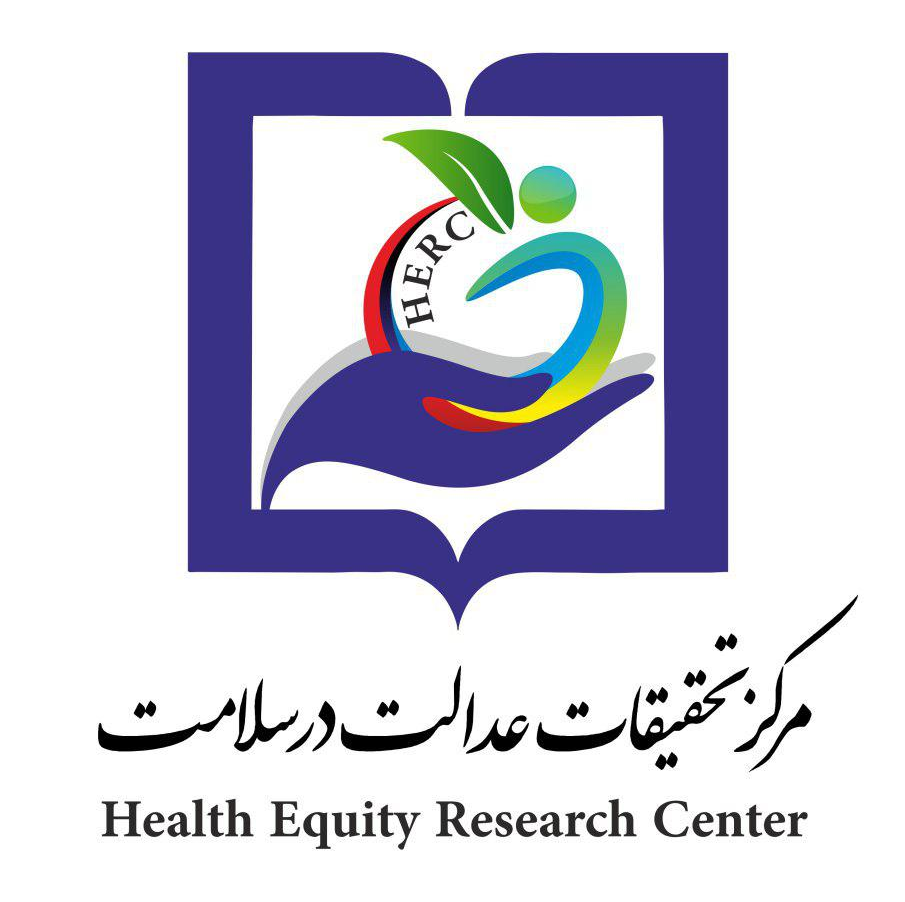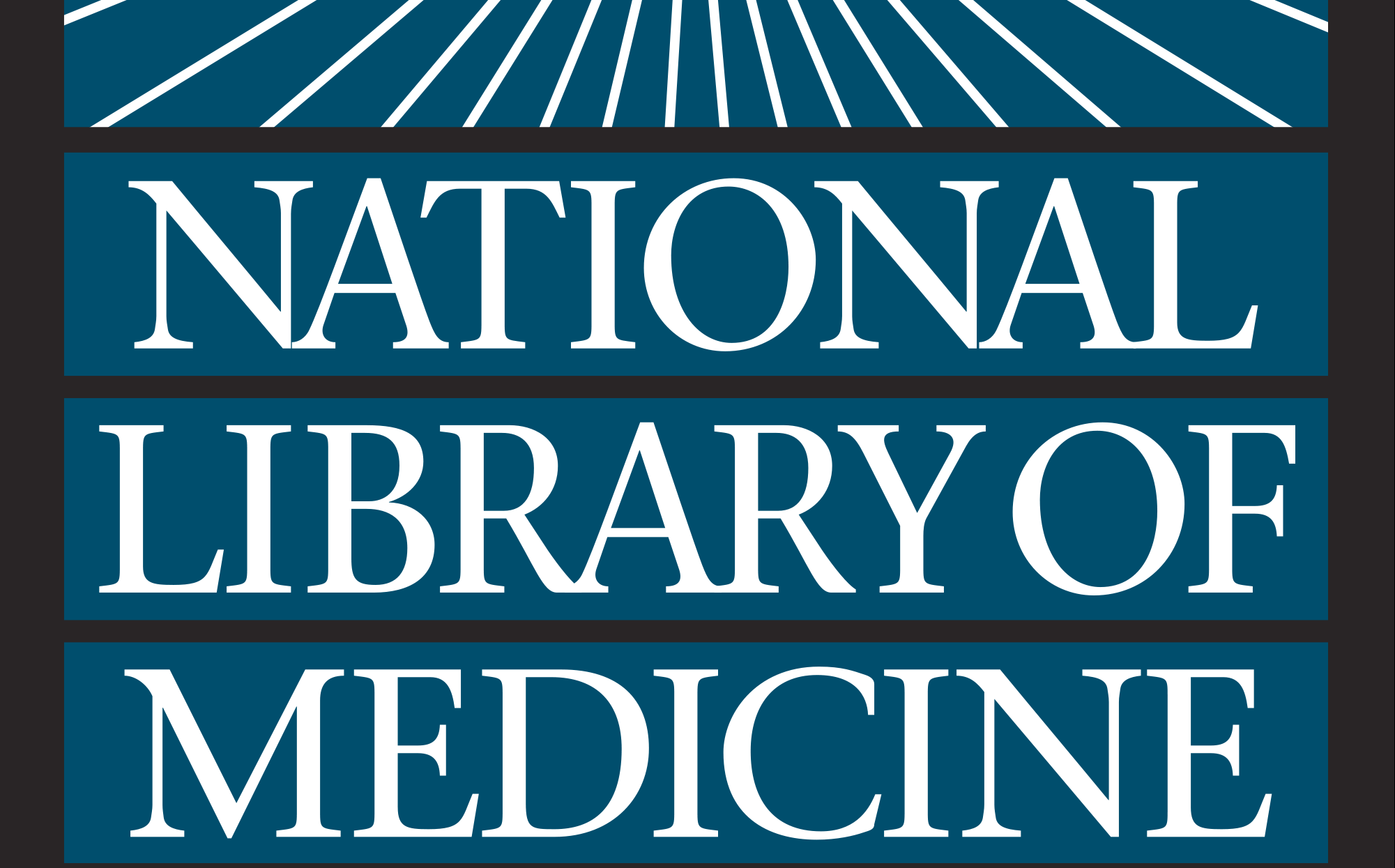Background
Early childhood development (ECD) refers to physical, cognitive, emotional, and social development between 0 and 8 years. The aim of this study was to identify the gaps in ECD-related upstream and health policies in Iran.
Methods
This qualitative study consisted of 2 main methodologies. First, a document analysis of heath and upstream policies related to ECD in Iran was done. Second, following a purposive sampling approach, 24 semi-structured interviews were conducted with policymakers, managers, academics, and service providers in the field of children health from October 2017 until June 2018 in Tehran, Iran. Also, a mixed approach was used for content and thematic analysis of the data.
Results
In this study, 3 categories of gaps and weaknesses were found: (1) the inferior position of ECD in macro policies and lack of health considerations in upstream social development policies; (2) the imbalance approach to policymaking in health, lack of attention to removing inequalities, and centralized policymaking; (3) lack of effective ECD interventions and programs with regards to contextual considerations to improve children’s development, and long-standing ignorance of developmental policies for 3-8 year-old children.
Conclusion
ECD is a fundamental policy approach for childhood development, which requires the policymakers’ deep insight to shift their focus from physical development to combating the shortcomings in children’s development cycle, eg, physical, mental, social, emotional, cognitive, and spiritual aspects. Unless policymakers change their approach to decrease nonintegrated and noncomprehensive policymaking for ECD, child development will be compromised, endangering the eventual sustainability of the society.



No responses yet